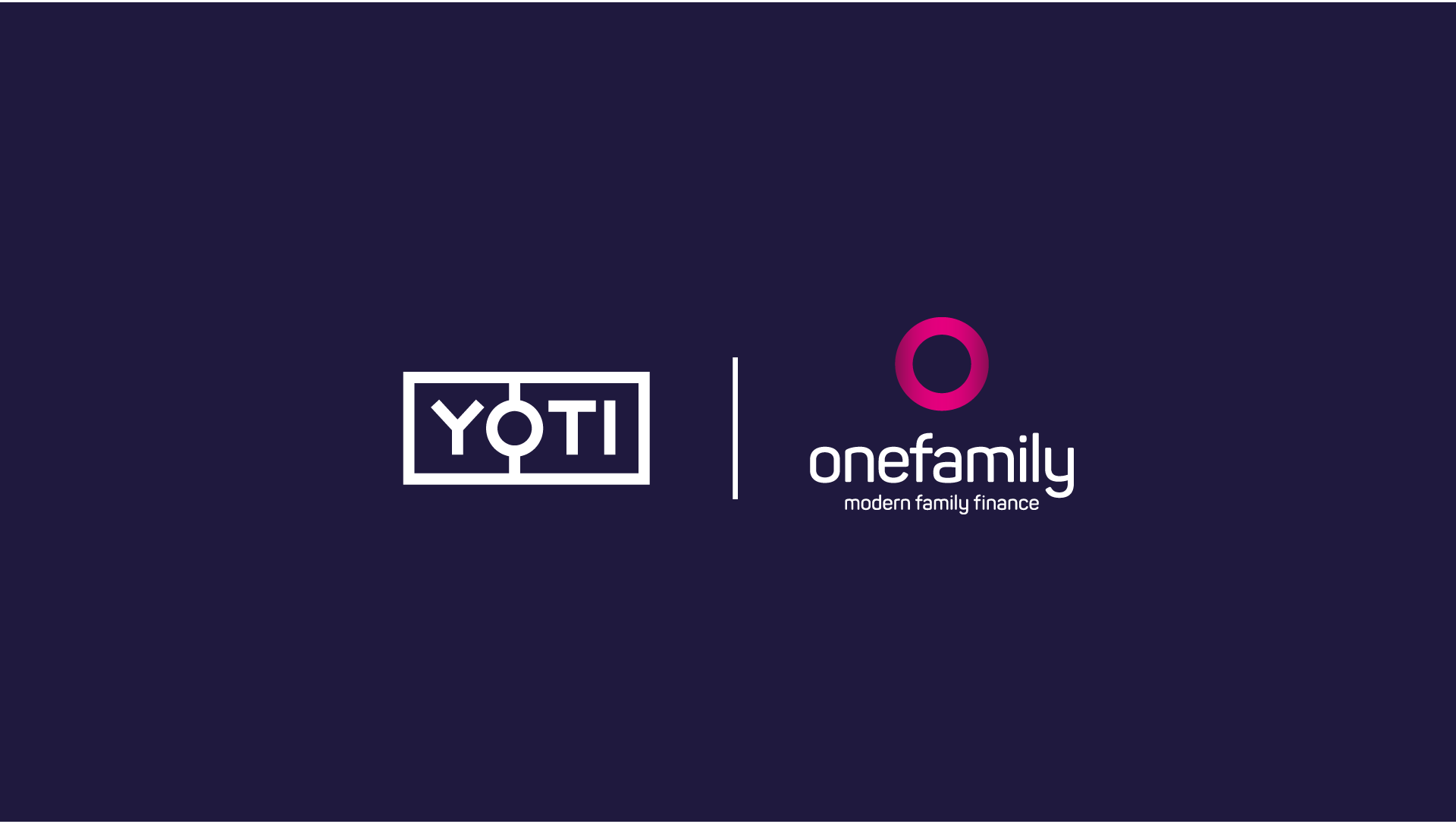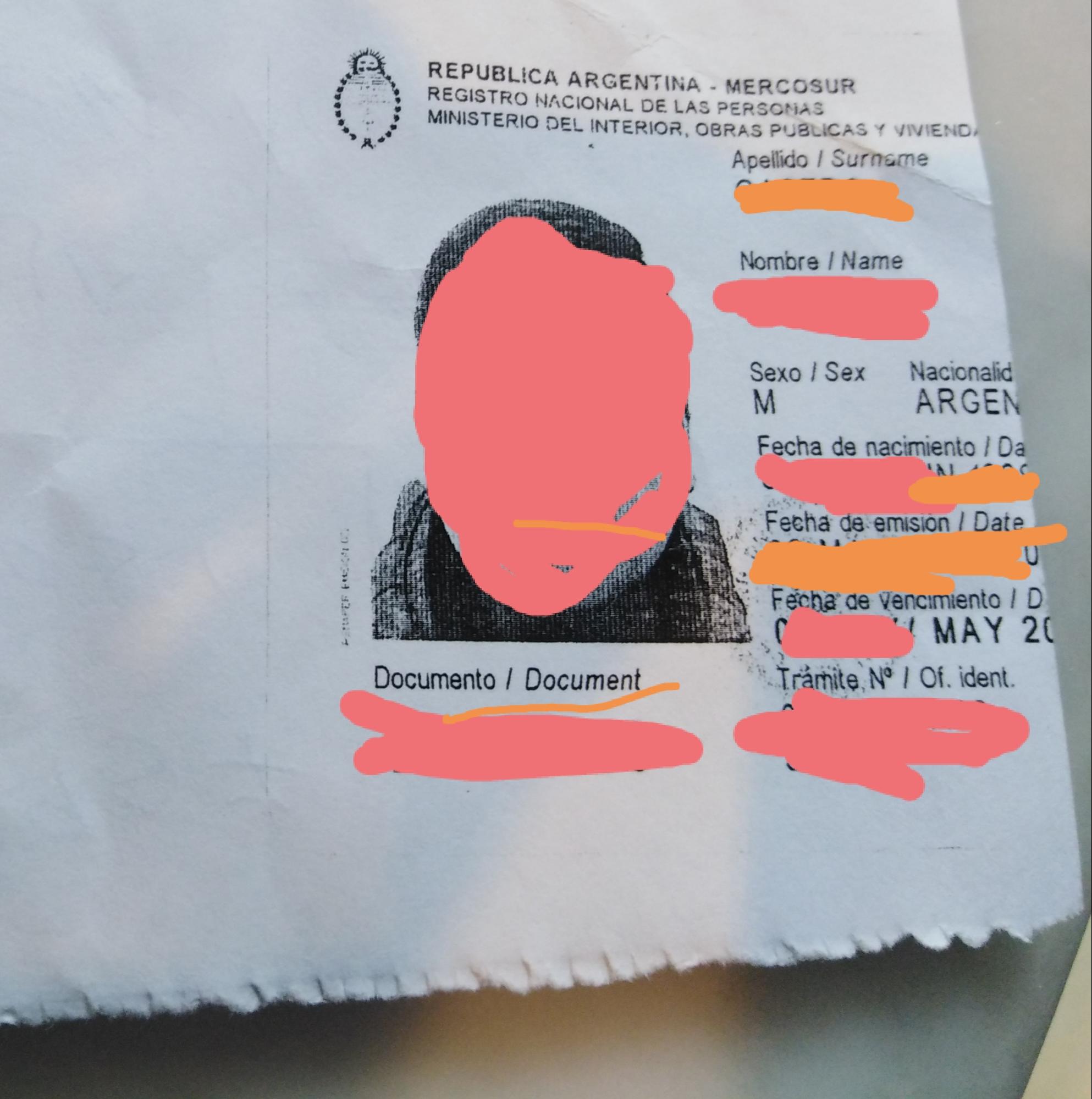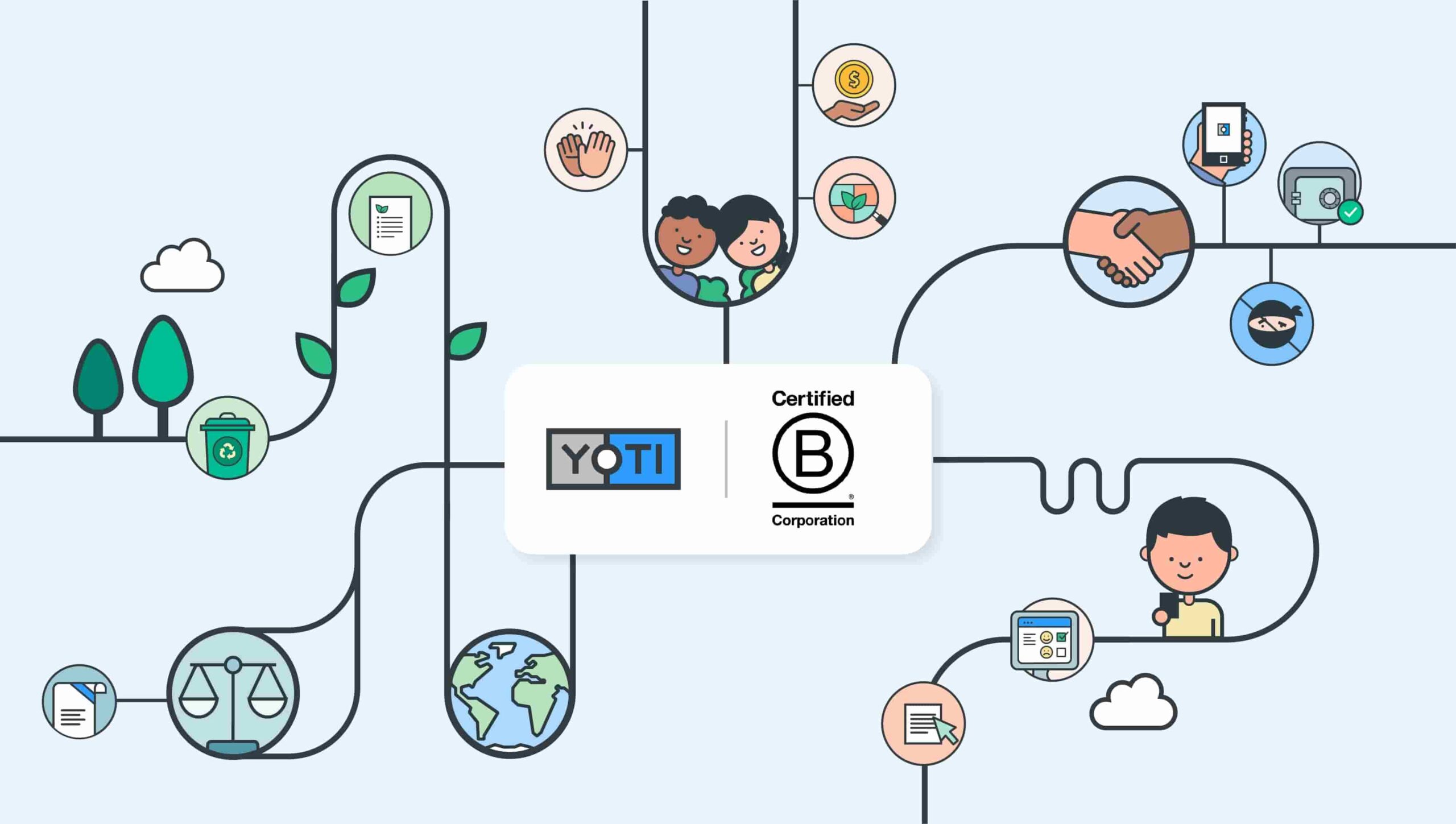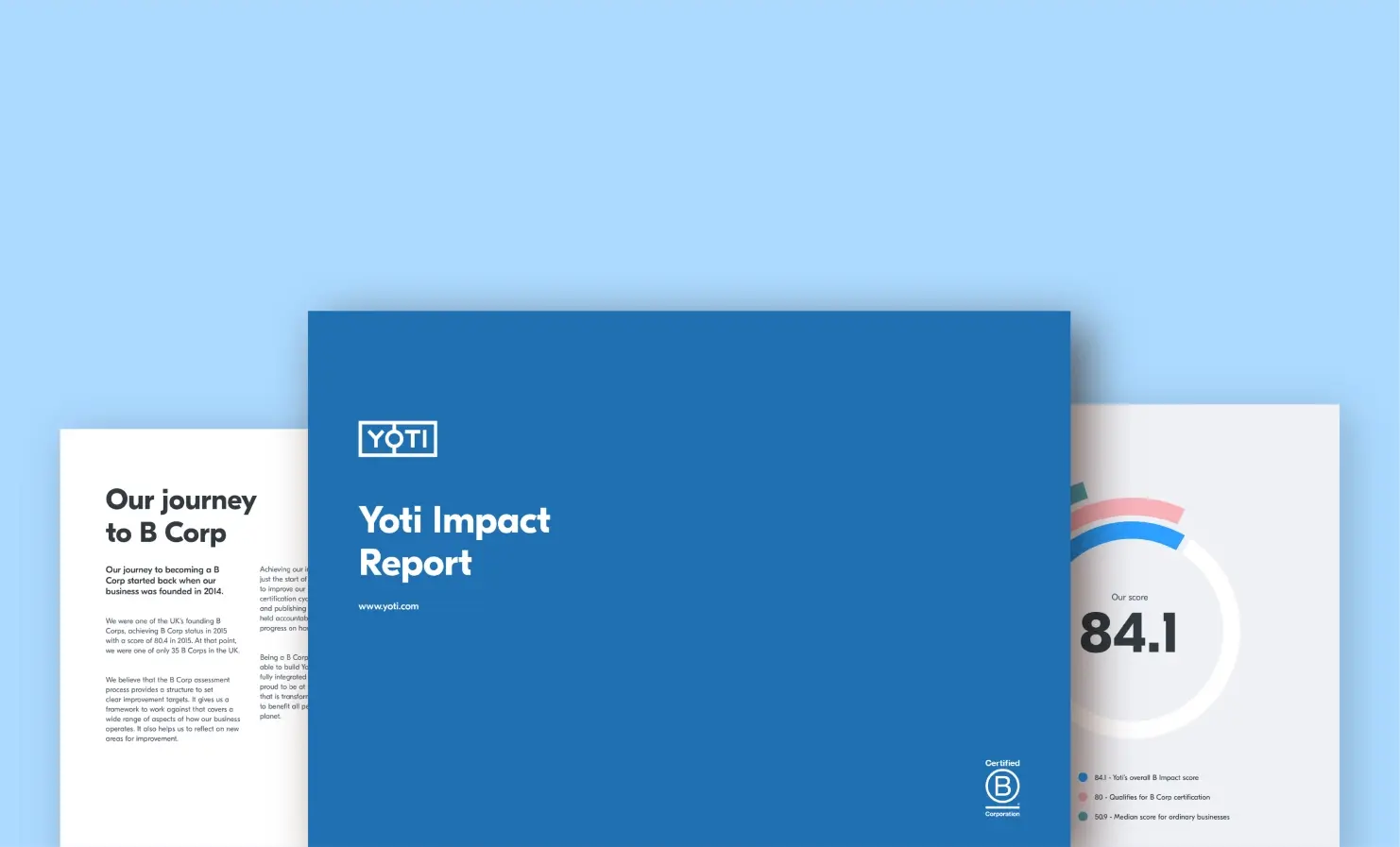Yoti blog
Stories and insights from the world of digital identity
We've partnered with OneFamily to help UK teenagers take ownership of their Child Trust Funds with the Yoti app
Yoti has partnered with OneFamily to make life easier for its 1.6 million child trust fund account holders who can now take control of their accounts with our digital identity app. OneFamily OneFamily holds around a quarter of the UK’s child trust funds (CTFs), which are tax-free savings accounts that were awarded to every child born between 1 September 2002 and 1 January 2011. On Tuesday 1 September 2020, the first recipients will be eligible to access their funds. It’s anticipated that the OneFamily accounts will mature at the rate of around 20,000 per month from September for the
No fuss teen-friendly tech for child trust fund holders
London, UK – 25th May 2020: Friendly society OneFamily is to use teen-friendly tech to make life easier for its 1.6 million child trust fund account holders, as their accounts mature from September this year. OneFamily holds around a quarter of the UK’s child trust funds. It will be working with digital identity platform Yoti to manage the secure identification of its young customers as they begin to take control of their accounts. Child trust funds were awarded to every child born between 1 September 2002 and 1 January 2011. On Tuesday 1 September 2020, the first recipients will be
Successfully completing HIPAA Compliance Readiness Assessment
We are delighted to confirm we have received a HIPAA compliance readiness report from an independent auditor. This gives us and our clients comfort that Yoti fulfils all requirements in the HIPAA Security Rules and the Privacy Rules. As Yoti has been built from day one with security and privacy at its core, we only needed to explain our architecture and control environment to our independent assessors, Corporate Prime Solutions. The Health Insurance Portability and Accountability Act of 1996 (HIPAA) was created to modernise the flow of healthcare information, and set out how personally identifiable information is maintained. Our HIPAA
People ask me: What do you mean by ‘digital identity’?
This is the third field diary entry from Paz, one of our Digital Identity Fellows. Her year-long research project is focused on unravelling what digital identity, and identity in general, means to the unemployed and under-employed individuals receiving support from public job centres and local labour organisations in Gran Buenos Aires and Mar del Plata in Argentina. ***** The image at the top of this article is a photo I took of a piece of paper with some phone contacts I was given at a public job centre office. They had ‘recycled’ people’s ID photocopies. I walked away with
100% accurate on-premise Covid-19 virus testing for £10 in 13-25 minutes
Secure FRANKD results shared using Yoti digital ID on phones LONDON – 15/05/20 – GeneMe, a leading biotech company based in Gdańsk, Poland has developed “FRANKD” – a fast, scalable and reliable mouth swab test for COVID-19 that is completed on-premises in on average 13-25 minutes with no laboratory involvement. The GeneMe FRANKD test has been independently analytically validated with 100% Sensitivity and 100% Specificity by Gdańsk University of Technology. FRANKD requires less time to produce a result than the gold-standard RT-PCR (Reverse Transcriptase Polymerase Chain Reaction) reference test recommended by the World Health Organization. With consent, results are
Indian cryptocurrency exchange Shiftal leverages yoti digital identities for secure KYC registration
LONDON – 14/05/20 – Indian cryptocurrency exchange, Shiftal, has partnered with digital ID and credential management company, Yoti, for identity verification. By harnessing Yoti’s digital identity app and Doc Scan solutions for automated and expedited KYC verification, Shiftal aims to provide a seamless KYC onboarding experience to its platform users. The traditional KYC process is beset with inefficiencies – it’s time-consuming, expensive, and susceptible to fraud attacks. According to Thomson Reuters, it takes 32 days to complete KYC checks on average. Additionally, large financial institutions spend somewhere between $900 million and $1.3 billion annually on compliance-related processes. The use of
Browse by category
Essential reading
Get up to speed on what kind of company we are











